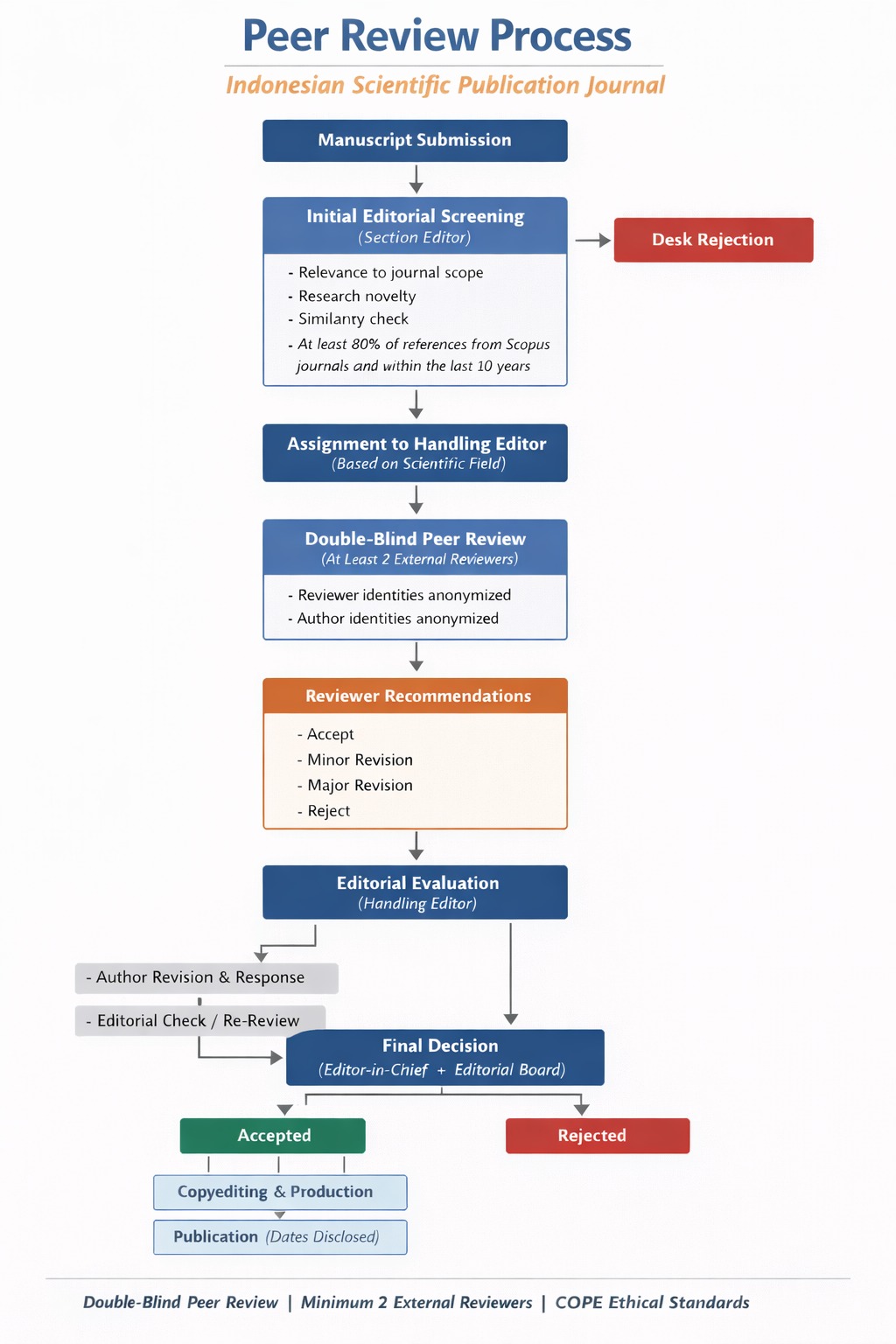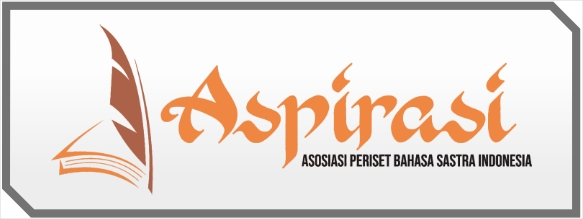Peer Review Process

Peer Review Process
Lingua: Journal of Linguistics and Language employs a comprehensive evaluation process for all submitted manuscripts to ensure high academic quality and originality in linguistics and language research. We utilize a double-blind peer review system to maintain objectivity and fairness throughout the assessment.
Detailed Review Process:
Initial Screening:
The Editor-in-Chief will screen a submitted manuscript to ensure its conformity to the Lingua: Journal of Linguistics and Language scope and basic submission requirements. The Editor-in-Chief will assign an editor based on the article's scientific field.
Assignment to Handling Editor:
Manuscripts passing the initial screening are assigned to a handling editor with relevant expertise in linguistics or language studies.
- The handling editor performs a more in-depth assessment of the manuscript's suitability and potential impact.
Reviewer Selection:
The handling editor selects a minimum of two subject matter experts for double-blind peer review.
- Reviewers are chosen based on their expertise in the specific area of linguistics or language covered in the manuscript.
- Authors may suggest potential reviewers, but the final selection is at the editor's discretion.
Review Process:
Reviewers are given a specific timeframe (typically 3-4 weeks) to complete their assessment.
- They evaluate the manuscript based on originality, methodological rigor, theoretical framework, significance to the field, and clarity of presentation.
- Reviewers provide detailed comments and a recommendation (accept, minor revision, major revision, or reject).
Editorial Decision:
The handling editor synthesizes reviewer feedback and makes a recommendation to the Editor-in-Chief.
- In cases of significant discrepancies between reviews, a third reviewer may be engaged.
- Possible outcomes include:
- Rejection
- Request for minor revisions
- Request for major revisions
- Acceptance without changes
- Recommendation for resubmission (for substantial modifications)
The Editor-in-Chief makes the final decision, considering the handling editor's recommendation and consulting with the editorial board if necessary.
Revision Phase:
Authors have a three-week window to address reviewer comments and revise their manuscript.
- The handling editor reassesses the revised manuscript, determining if changes adequately address reviewers' concerns.
- This process may be repeated if revisions are deemed insufficient.
Final Decision:
After satisfactory revisions, the manuscript faces a binary outcome: acceptance or rejection.
- The decision is based on whether the manuscript meets the journal's publication standards and contributes significantly to linguistics and language studies.
- The Editor-in-Chief reviews the handling editor's recommendation and makes the final decision.
Post-Acceptance Process:
- Accepted manuscripts undergo final formatting and proofreading.
- Authors are given a last opportunity to check their manuscript before publication.
- The production team prepares the article for online publication, ensuring proper formatting and metadata.
Confidentiality:
Lingua: Journal of Linguistics and Language maintains strict confidentiality of the peer review process.
- Reviewers are required to treat manuscripts and their contents as confidential and should not disclose any information to unauthorized individuals.
Continuous Improvement:
The journal regularly reviews and refines its peer review process based on feedback from authors, reviewers, and editors.
- Training and guidelines for reviewers are updated to maintain high-quality peer review standards in linguistics and language research.
- Authors and reviewers are encouraged to provide constructive feedback to enhance the efficiency and fairness of the review process.
Contact:
For any inquiries or questions related to the review process, please contact the editorial team at [email protected]





